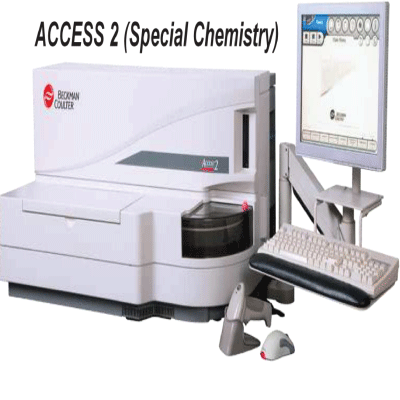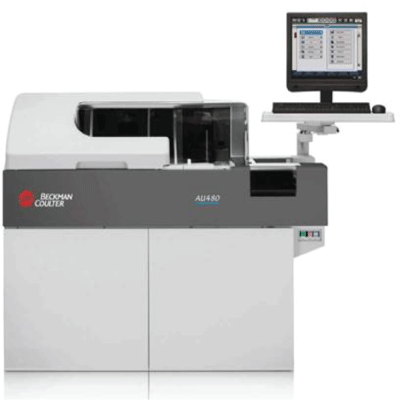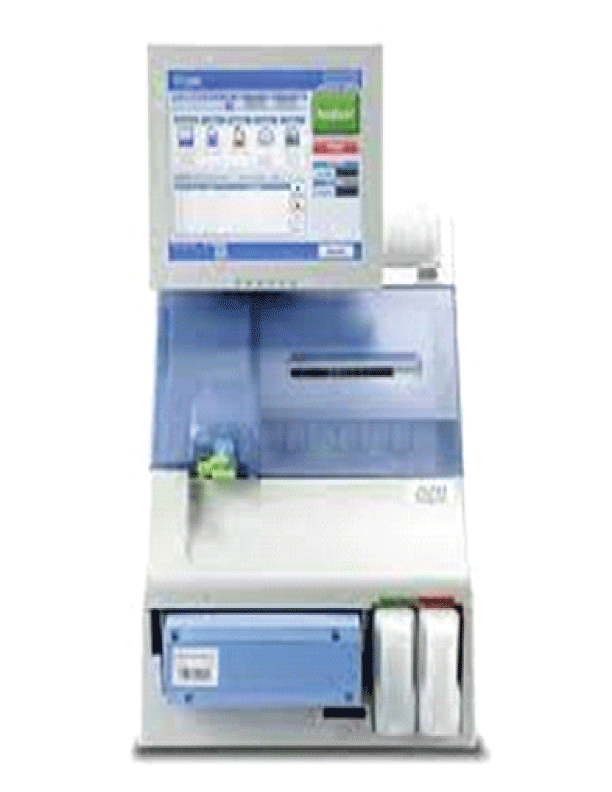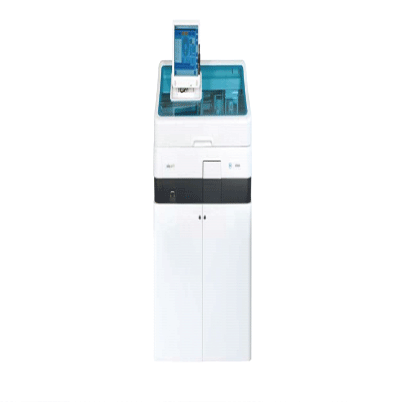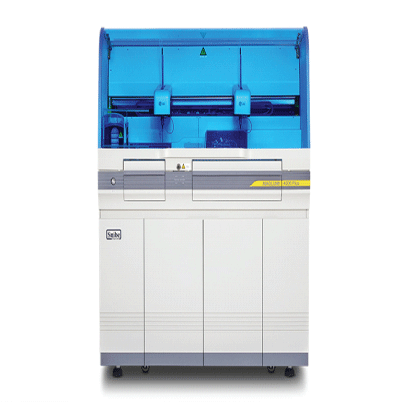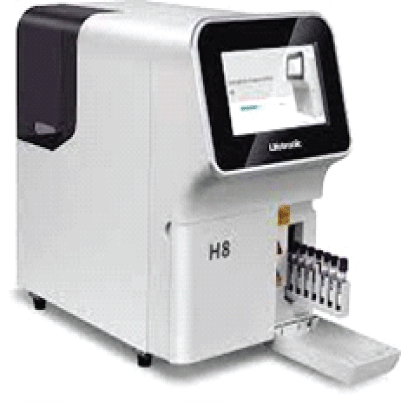Chemistry department
The Chemistry Department in a laboratory plays a crucial role in patient care by conducting various diagnostic tests and analyses related to biochemistry. Here’s an overview of what you might find in a typical Chemistry Department within a hospital laboratory:
Clinical Chemistry Analyzers: These are sophisticated instruments used to analyze blood, urine, and other bodily fluids for various substances such as glucose, electrolytes, enzymes, hormones, lipids, proteins, and drugs. These tests help diagnose diseases, monitor treatment efficacy, and assess overall health.
Automation Systems: DHMC laboratory employ automation systems to streamline the testing process and improve efficiency. These systems can handle multiple samples simultaneously, reducing turnaround time and minimizing human error.
Quality Control Measures: Strict quality control measures are essential to ensure the accuracy and reliability of test results. This includes regular calibration of equipment, proficiency testing, and adherence to standardized procedures.
Specialized Testing: DHMC laboratory may offer specialized tests such as toxicology screening, therapeutic drug monitoring, and endocrine function testing. These tests provide valuable information for diagnosing specific medical conditions and guiding treatment decisions.
Data Management Systems: Laboratory information management systems (LIMS) are used to track samples, record test results, and manage patient data securely. Integration with electronic medical records (EMR) allows healthcare providers to access laboratory results quickly and efficiently.
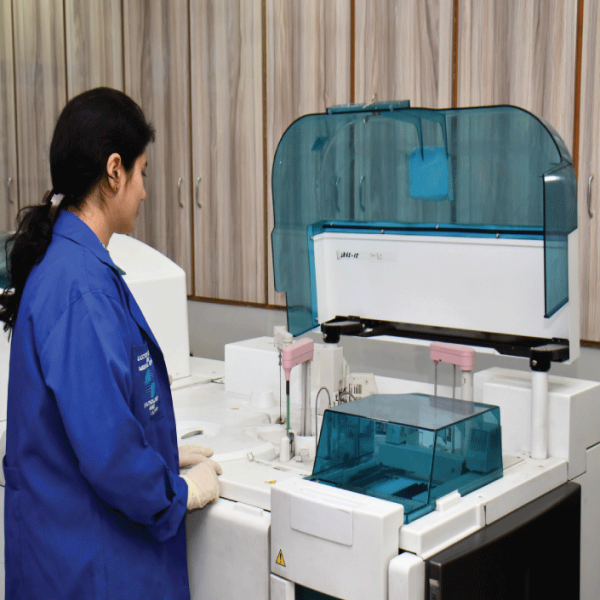
Safety Protocols: Safety is paramount in any laboratory setting. The Chemistry Department will have strict protocols in place to ensure the safe handling of hazardous chemicals and biological specimens, as well as proper disposal of waste materials.
Personnel: The Chemistry Department is staffed by a team of skilled professionals, including medical laboratory scientists, technologists, and technicians. These individuals are responsible for performing tests, interpreting results, and maintaining the quality and efficiency of laboratory operations.
Research and Development: DHMC laboratory may also engage in research and development activities to develop new tests, validate emerging technologies, and improve diagnostic capabilities.
Overall, the Chemistry Department in a hospital laboratory plays a critical role in patient care by providing accurate and timely diagnostic information to healthcare providers, contributing to the diagnosis, treatment, and management of various medical conditions.
Our Diagnostics Team
The Pathology & Laboratory Department at Doctors Hospital offers expertise and support to ensure accurate diagnoses and informed healthcare decisions. Our team of highly trained pathologists work closely with primary care teams to provide key insights and guidance.

